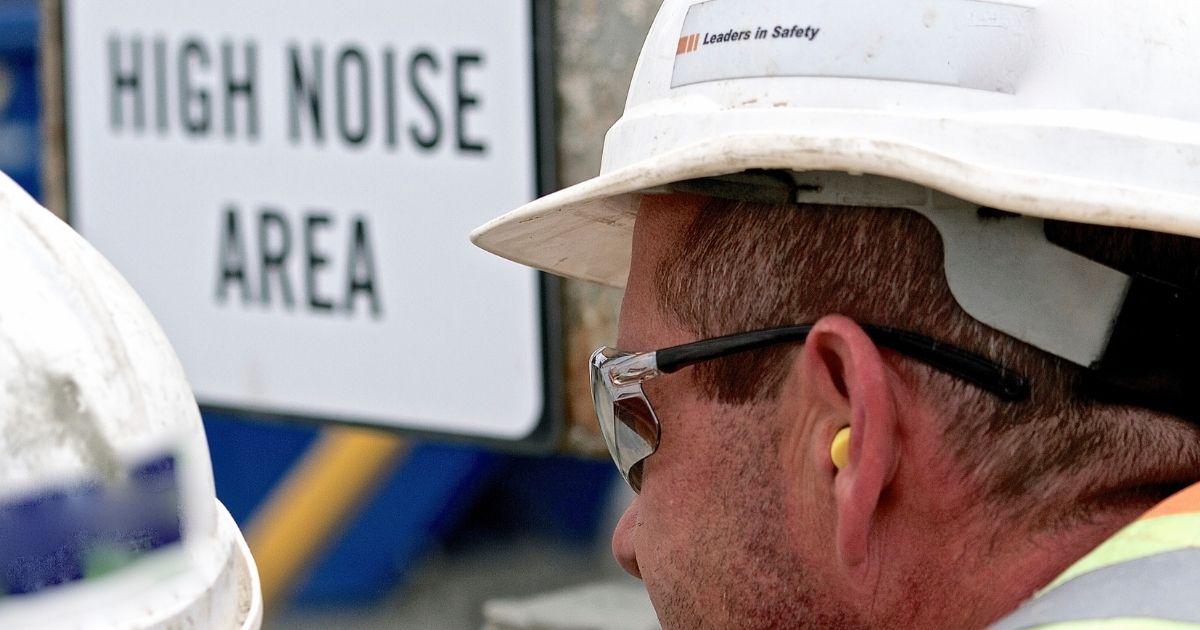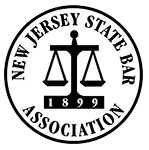Employers have a duty to provide a safe working environment for their employees. That means a job site free from known risks and hazards to keep workers safe and healthy. OSHA provides guidelines and enforcement to ensure employers stay compliant with safety practices and procedures in this regard.
Still, the United States Bureau of Labor Statistics reports over 20,000 new cases of workplace hearing loss are diagnosed every year in this country. Nearly one in four people with hearing loss in the United States developed their condition through exposure to high noise levels at work.
If we know the risks of occupational hearing loss due to excessive noise, why are thousands of workers still exposed to this common job hazard? We will explain how job related-hearing loss occurs, what you can do to protect your hearing, and steps to take if you are injured at work.
Occupational Noise Exposure
Twenty-two million American workers are exposed to potentially damaging noise levels every year. But at what point does noise become so loud that it is actually dangerous?
Decibels are the units used to measure the strength of sound vibrations. Noise is considered dangerously loud at 80 decibels (dB) or higher. These sounds cause vibrations that are powerful enough to damage the inner ear. Frequent or prolonged exposure to hazardous sounds is more likely to cause in hearing loss. The National Institute for Occupational Safety and Health (NOISH) Recommended Exposure Limit (REL) for workplace noise exposure is 85 dBs over an eight-hour period.
Part of OSHA’s mission is to educate employers and workers about the risks and signs of dangerous exposure to high noise levels. OSHA’s guidelines allow exposure to 85 – 90 dBs for an eight-hour shift.
To give you an idea of what that means, here are the dB levels of some common sounds:
- Average household noise: 40 dB
- Normal conversation: 60 dB
- Vacuum cleaner: 75 dB
- A large truck from five yards away: 90 dB
- A jackhammer operating about 3 feet away: 120 dB
- A jet airplane from 100 feet away: 130 dB
Here is a simple way to tell if the noise levels at work or home could possibly be damaging your hearing: if you have to shout to speak with someone who is an arm’s length away, you may be exposed to hazardous noise levels.
High-Risk Jobs
Some occupations that come with a risk of dangerous noise exposure may be obvious. Others may surprise you. Here are 20 jobs that can cause hearing loss in no particular order.
- Athletes
- Carpenter
- Construction worker
- Dentist
- Disc Jockey
- Factory worker
- Farmer
- Flight crewmember
- Landscaping professional
- Lumberjack
- Metalworker
- Military
- Miner
- Musician
- Nightclub employee
- Railway worker
- Subway conductor
- Teacher
- Truck driver
- Welder
Signs Workplace Noise Levels Are Dangerously High
If you have to raise your voice to speak with another worker to compete with the noise levels, you may be at risk of occupational hearing loss. Workplace noise may also be a problem if you experience humming, buzzing, or temporary hearing loss when you leave your job.
The Impact of Hearing Loss
There is no denying that hearing loss has a significant impact on a person’s life, particularly for someone who develops this condition later in life and must learn new ways of communicating.
Someone recently diagnosed with permanent hearing loss may feel anxious, depressed, or become socially isolated. Some research shows adults with hearing loss also experience more challenges in education and employment than their typical-hearing peers.
Diagnosing Hearing Loss
Audiologists are healthcare providers who specialize in the diagnosis, management, and prevention of conditions affecting hearing. They use various tests to assess hearing loss. While hearing loss is often a permanent condition, treatment can help patients prevent further hearing loss and improve communication with any remaining hearing ability.
If you experience any of the signs of hearing damage or have concerns about noise levels at your workplace, you should take steps to protect yourself and notify management.
It is incredibly important for anyone with hearing issues to see a specialist as soon as possible and reduce exposure to dangerous noise levels to stop hearing loss in its tracks.
Preventing Hearing Loss
Every employee and employer play a key role in keeping every job site safe. Research shows that more stringent regulation of occupational noise leads to safer levels of sound. Safety measures to prevent hearing loss include requiring protective devices like ear plugs or earmuffs, mandatory breaks from noise exposure, and installation of quieter equipment.
What To Do if You Develop Occupational Hearing Loss?
If you are dealing with hearing loss due to noise exposure at work, you likely have cause to bring a workers’ compensation claim for benefits. Workers’ compensation insurance for hearing loss typically covers medical costs including hearing aids, batteries, office visits, etc.
First, you must report your condition to your employer. There should be procedures in place to do so. Your employer will provide the proper paperwork to file a claim with the state. You will need reports from your audiologist and any other providers involved in treating your hearing loss.
You must show your condition is directly related to work conditions. Your employer can attempt to deny your claim based on lack of evidence. They might allege the condition is not work-related or say you waited too long to file.
It is always a good idea to work with a workers’ compensation attorney to ensure you claim is prompt and complete. Legal representation is critical for anyone dealing with a permanent injury like hearing loss. If your claim is denied, your attorney can assist you in filing an appeal or take the appropriate legal action to pursue compensation for your injury.
Burlington County Workers’ Compensation Lawyers at Pietras Saracino Smith & Meeks, LLP, Represent Clients with Life-Changing Occupational Illness and Injuries
Occupational hearing loss is a preventable condition. Employees who become ill or injured at work deserve compensation for their losses. Our experienced Burlington County workers’ compensation lawyers with Pietras Saracino Smith & Meeks ensure clients receive fair compensation for injuries though workers’ compensation claims and litigation if necessary. Call 856-761-3773 or contact us online to schedule a free case review today. Located in Cherry Hill, our team serves clients throughout Southern New Jersey.













